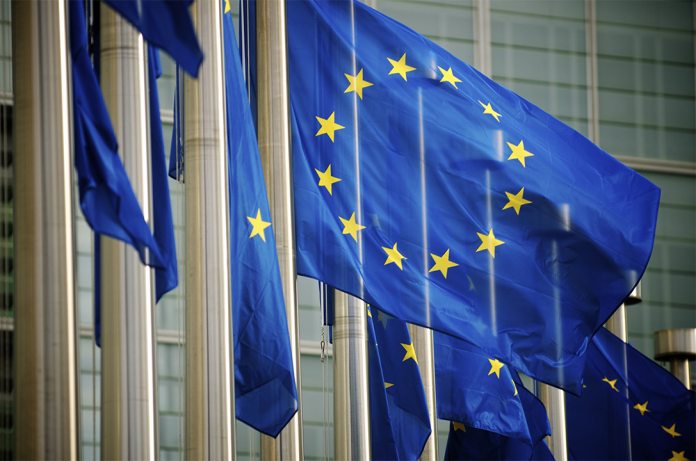Assumedly, they’ll include those Microsoft announced last month, such as the ability to take actions on stored data, classification tools, regulatory compliance guides, and easier terms of use consent. Microsoft will improve the resources via user feedback, but it also agrees to follow the rules itself. It has 1,600 engineers working on GDPR, and plans to extend the rights to its customers regardless of their location. “We believe privacy is a fundamental human right,” said Microsoft deputy general counsel Julie Brill. “As people live more of their lives online and depend more on technology to operate their businesses, engage with friends and family, pursue opportunities, and manage their health and finances, the protection of this right is becoming more important than ever.”
An Inconsistent History
While doing so, it provides examples of previous pushes for privacy legislation. Microsoft was one of the first to adopt the Privacy Shield framework, fought the US government on data seizures, and pushed for federal privacy legislation as early as 2005. However, it’s also had its fair share of privacy scandals. It’s been fined for Windows 10 Data collection in Brazil and come under EU criticism for Skype’s privacy. More recently, it supported the Cloud Act, which could allow foreign countries to request user data from the US without a warrant. As a result, it’s hard to take Microsoft’s good intentions to heart, but the result is positive either way. Users will know what data the company collects and have the ability to correct or delete that data.




